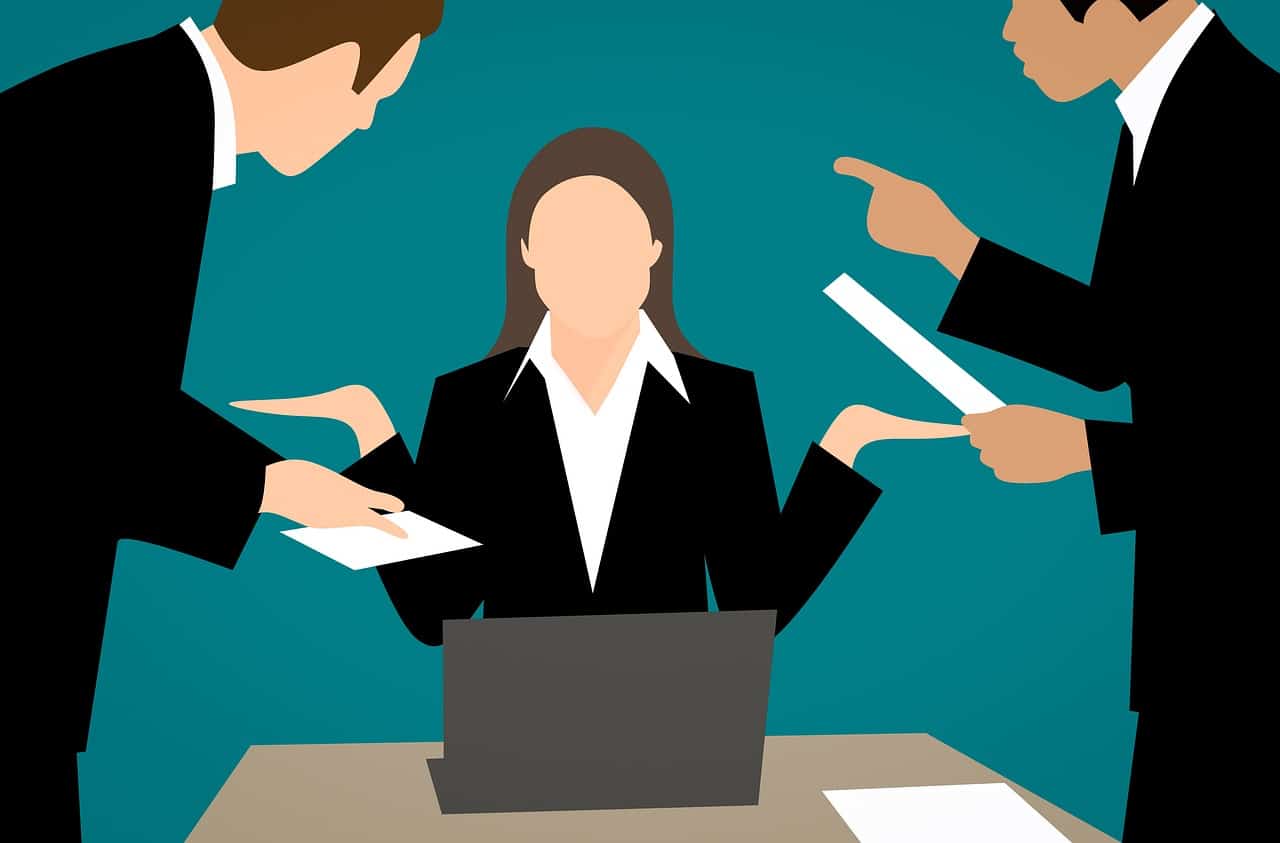Approximately 80 percent of U.S. consumers are in debt, so it makes sense that consumers differ in how they deal with the problem. Below we’ll look at three unwise ways to deal with large debt and suggest three alternative strategies instead.
IMAGE: PIXABAY
Bad Ideas For Dealing With Debt
Ignoring Debt
It can be argued that this is the easiest get-out-of-debt strategy, but denial is not at all effective. If you’re buried with debt, it might seem easier to tune out the problem, but you’ll only make matters worse.
Ignoring your debt (refusing to repay what you owe) could result in collection calls or potential lawsuits. Even if you “ignore” your debts, your debtors surely won’t ignore them.
Buying Lottery Tickets
The lottery can potentially be a good system, but in the U.S., it’s a broken process and gives expensive false hope to those who can’t really afford it. Per a 2016 Gallup Poll, over half of Americans played the lotto, yet it’s more likely for a person to get attacked by a shark or killed by a vending machine than it is to win the lottery.
Save those funds and allocate it toward your highest-interest credit card instead.
Abstaining from Necessary Spending
Unless you want to drop off the proverbial grid, you need to house and feed yourself at the minimum. You probably need a few other things as well. Abstaining from spending money isn’t the answer; work on a plan to get out of debt and think of ways to generate more money instead.
Good Ideas For Dealing With Large Debt
DIY Approach
There’s nothing as empowering as solving problems on your own. Debtors in the early stages of falling behind on their payments need to be proactive about informing creditors of their financial situation. Since creditors want to get paid and don’t want to eventually hand the debt off to a collection agency or lose it through bankruptcy, they might work with you in the form of lower interest rates, a payment grace period or even a complete payment restructuring.
Other DIY methods you should couple with reaching out to creditors are improving your financial literacy by reading personal finance blogs and books, creating a realistic budget and implementing debt repayment strategies like the debt avalanche or debt snowball.
Enlisting A Debt Relief Company
When debt has surpassed the early stages and is starting to build up, using a debt relief company may relieve some of the stress. These companies may offer different strategies like debt consolidation, debt management, debt settlement, etc.
A debt consolidation plan can simplify your balances if your credit score hasn’t been severely impacted yet and you can take out a loan to cover your outstanding balances. The idea here is that the new loan will have a lower interest rate than your other debts and that one payment will make it easier to stick to an aggressive repayment plan.
Going the debt settlement route means the company will negotiate with your creditors to reduce the percentage of debt you owe. Debt settlement could save you a lot of time and money on your debt. However, scams can be rampant, so research companies wisely through online review sites and by calling each one to get a feel for their knowledge and interest in your situation, not a sale. For instance, organizations like Freedom Debt Relief have a positive reputation for reducing the amount owed and the amount of time it takes to pay off a debt.
Declaring Bankruptcy
For debtors who don’t want to work with a company, declaring bankruptcy, either by chapter 7 or chapter 13, can provide a fresh financial start. Chapter 7 can wipe away a debtor’s full balance but will liquidate many of the debtor’s possessions to help pay back the debts.
Chapter 13 bankruptcy allows a debtor to keep their possessions as long as they make 3–5 years of court-ordered payments. Bankruptcy will stay on credit scores for 7-10 years and takes years to resolve, in addition to court costs, financial courses and attorney fees. However, it’s still a path out of the red.
There’s no uniform best way to get out of debt. A debtor’s situation, income prospects, and long-term goals should dictate the strategy. However, having a plan you can track will yield progress. Frivolous spending, denial and constricting your lifestyle of necessities will only get you further behind.
If you are interested in even more lifestyle-related articles and information from us here at Bit Rebels then we have a lot to choose from.


COMMENTS